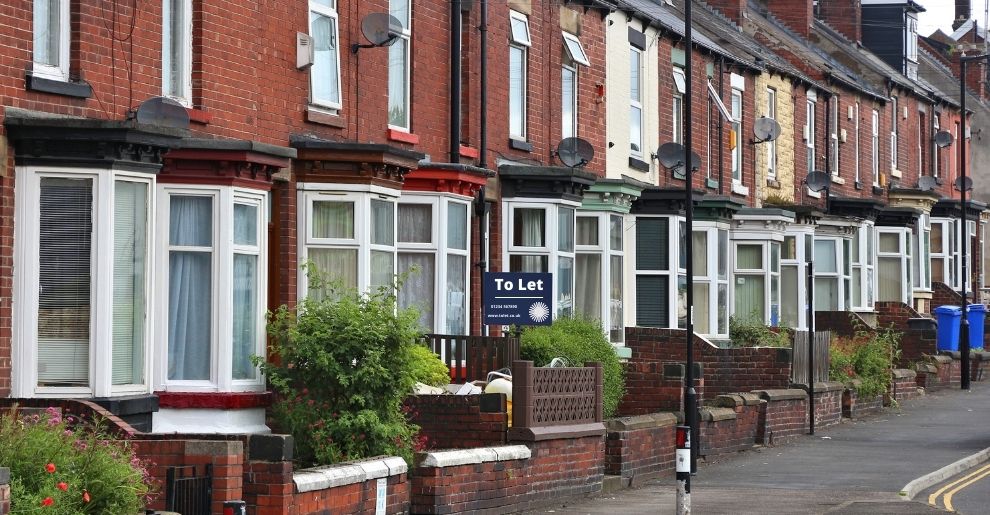Renters’ reform and the impact for tenants and landlords

The Government released its long-awaited White Paper – A fairer private rented sector – in June. It sets out structural changes, the biggest for renters in a generation according to the press statement from the Department for Levelling Up, Housing and Communities.
Aim of the reforms
The objective is to enhance conditions and rights for those in all housing. Furthermore, changes in the law for privately rented property through the Renters Reform Bill, the Social Housing Regulation Bill will make all registered social housing providers subject to a tough new regulatory regime, with rigorous inspections and stronger powers to tackle failings by social housing landlords.
Re-shaping the renting landscape
For private landlords, the significant takeaway is that the sector will be subject to the Decent Homes Standard for the first time, giving all renters the legal right to a safe and warm home, and it will ban Section 21 ‘no fault’ evictions. The raft of changes to be introduced by the Government are summarised below.
Section 21 ‘no fault’ evictions
A ban on section 21 ‘no fault’ evictions is intended to protect tenants from unscrupulous or unpredictable landlords. At the same time, the grounds on which a landlord can regain possession under section 8 of the Act will be re-framed.
Simpler tenancy structure
This will see a shift from assured tenancies and assured shorthold tenancies onto a single system of periodic tenancies for all privately rented accommodation. The consequence of this change will be that a tenancy will only end if the tenant chooses to do so, and gives two months’ notice to the landlord, or if the landlord has a valid ground for possession.
Strengthening position for landlord to take back property with legitimate grounds
It will made easier for landlords to evict tenants who are wilfully not paying rent, or who are repeatedly engaging in anti-social behaviour, and with scope to end a tenancy when a property is intended to be sold, or for the landlord’s own use.
Creation of passport form of deposit
This is to overcome the need to raise second deposits when tenants relocate homes. A much discussed topic among landlords who see problems in releasing deposits before they have had an opportunity to assess tenant damages.
Restricting annual rent increases and abolishing rent reviews
The annual rent increases is to be restricted to once annually. An easier route will also be introduced for tenants to challenge increases through the First Tier Tribunal.
New Ombudsman service and alternative dispute resolution procedures
This service will be established to provide a faster, less adversarial dispute resolution service instead of going to court, and all private landlords will have to participate. Other mediation and alternative dispute resolution procedures will be introduced to enable landlords and tenants to work together to reduce the risk of issues escalating.
Introduction of a new Property Portal
This will provide landlords, tenants and local councils a one-stop route to demonstrate and check compliance and other information. Tenants will be able to check on landlords before taking a property. Local councils will be equipped with the essential data to tackle criminal landlords. Further, there are plans to integrate the existing functionality of the Database of Rogue Landlords into the planned Property Portal, to make these publicly visible.
Preventing landlords or their agents to apply blanket bans on renting to certain groups
It will become illegal for landlords or their agents to implement a blanket ban on renting to families with children or those receiving state benefits. This may in future be extended to include other groups such as those leaving prison.
Tenant requests to keep pets in property
Landlords will have to provide good reasons for refusing tenant requests to keep a pet in their property. They will nevertheless be able to require an insurance indemnity from the tenant to cover the costs of any potential damage by the pet.
Holiday letting market
In recent years there has been a rapid growth of short-term, hotel style letting. This has in part been blamed for reduced levels of longer-term rental stock. The Government will review the impact of holiday lets in the UK as part of plans to address the shortage of housing for those living in popular tourist locations. The impact of holiday let rentals on anti-social behaviour will be examined, with local authorities likely to take action.
As a result, this will likely add to the national rules and regulations such as the maximum 90 days per year rule that applies on short term rentals in London. Under the current Deregulation Act 2015, homeowners in London can rent their homes to guests on a short-term basis for up to 90 days in one calendar year, without having to apply for planning permission to change their property use class from a C3 (Dwelling House) to C1 (Hotels, Boarding Houses, Guest Houses).
Tackling the issue of second and empty homes
The Government is authorising councils to charge higher rates of council tax, which could see rates double, and in Wales it could even quadruple. There are also reports that regional mayors may be given the power to ban properties from being used as short-term lets at all.
If you would like any more information relating to this article then please feel free to contact me: Telephone – 020 8221 8089, via email, or visit my profile.
This is not legal advice; it is intended to provide information of general interest about current legal issues.
